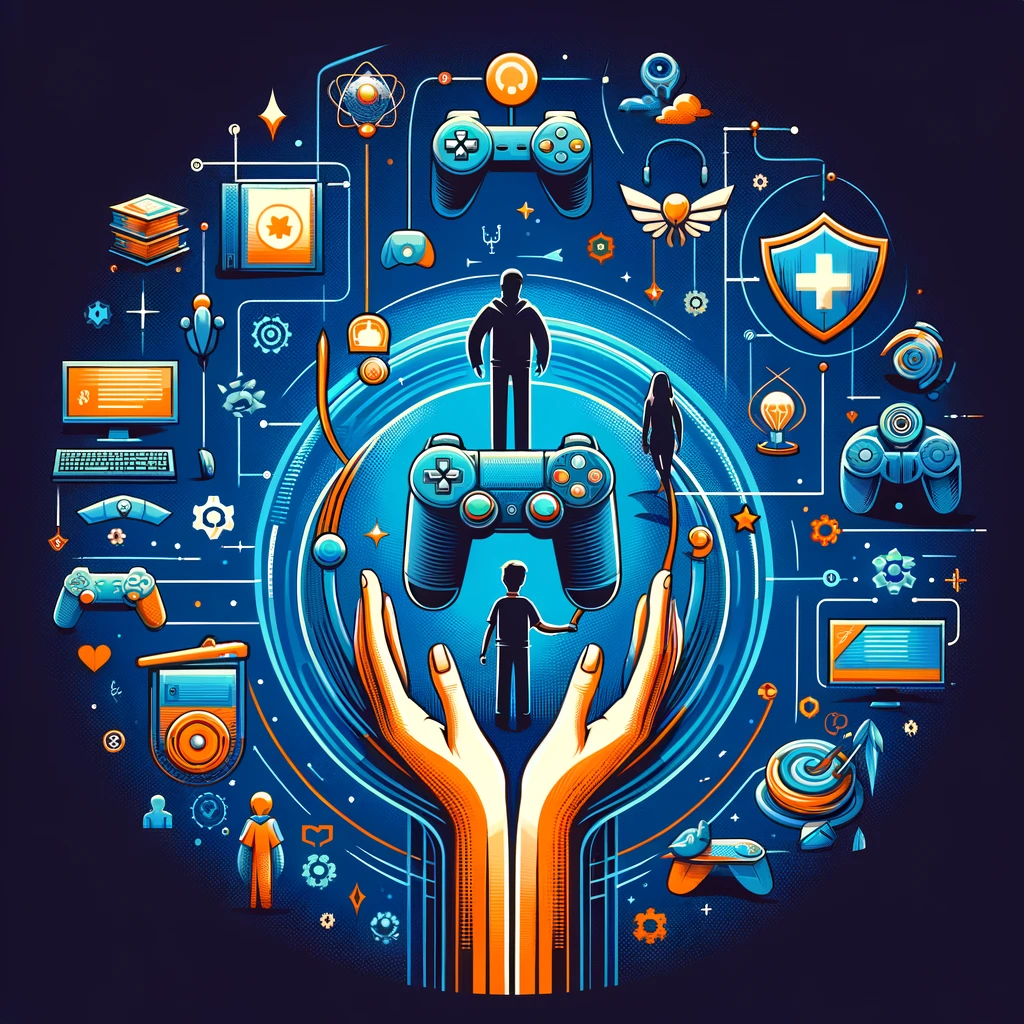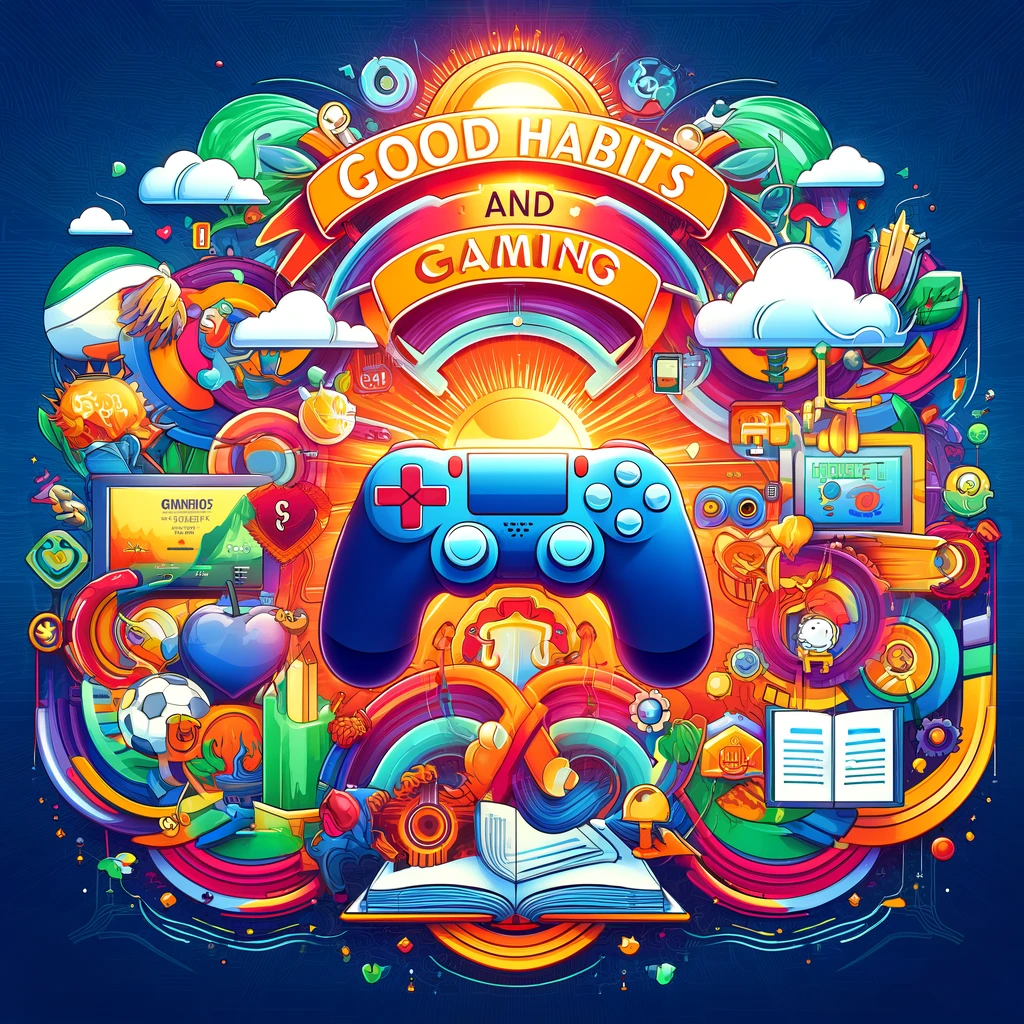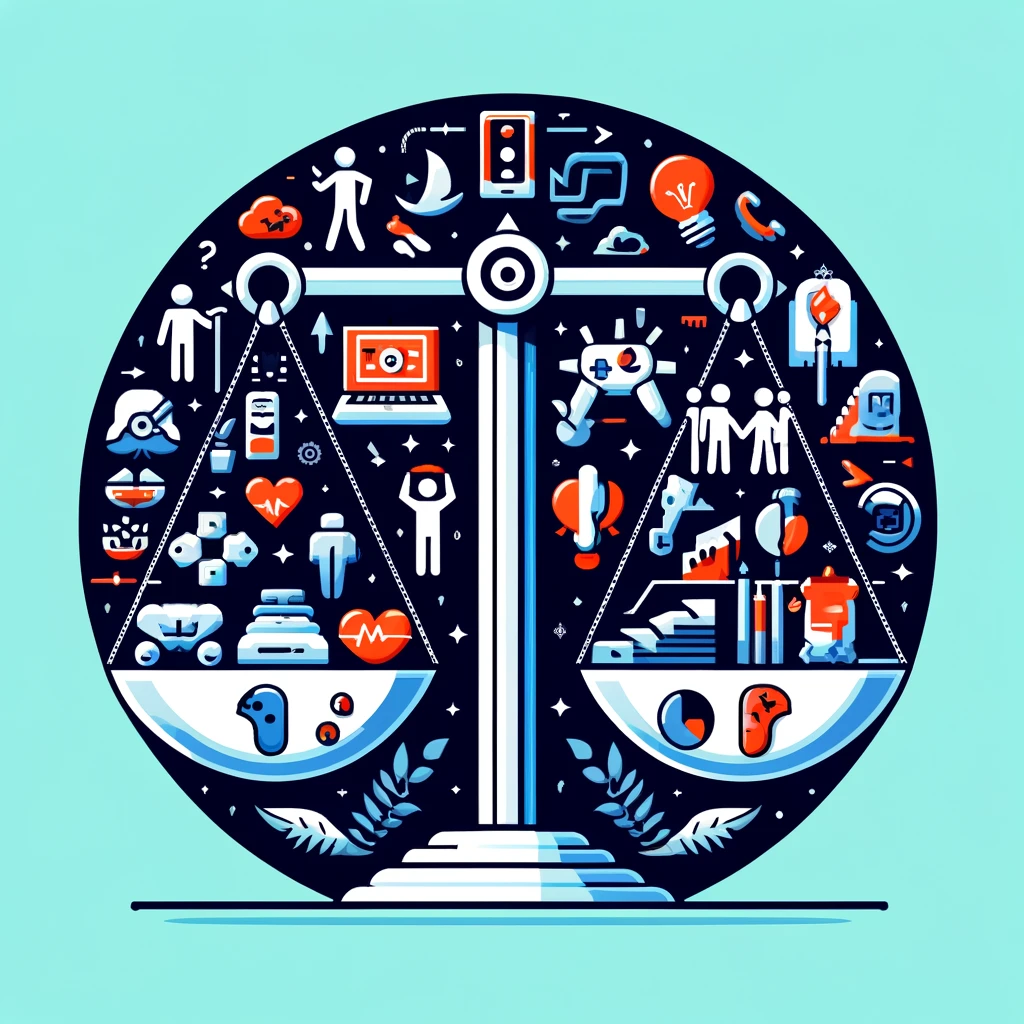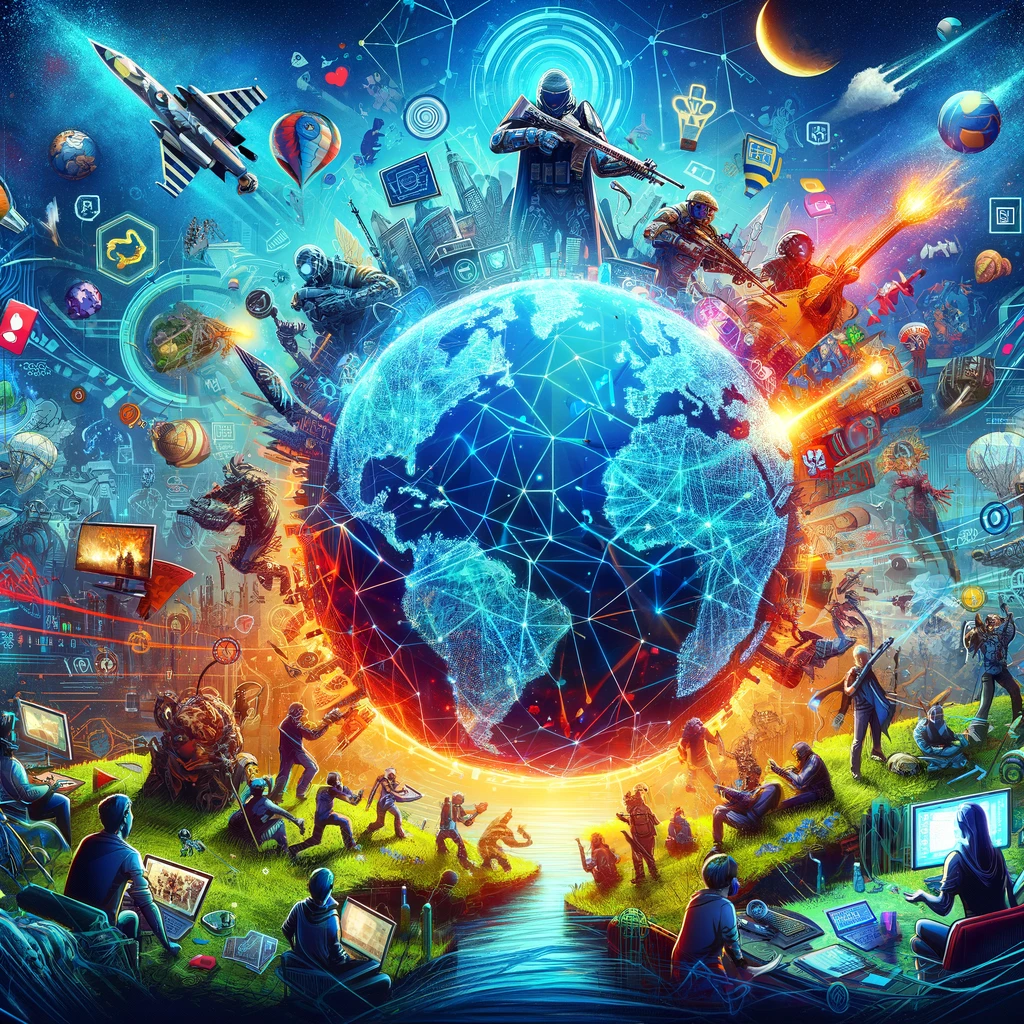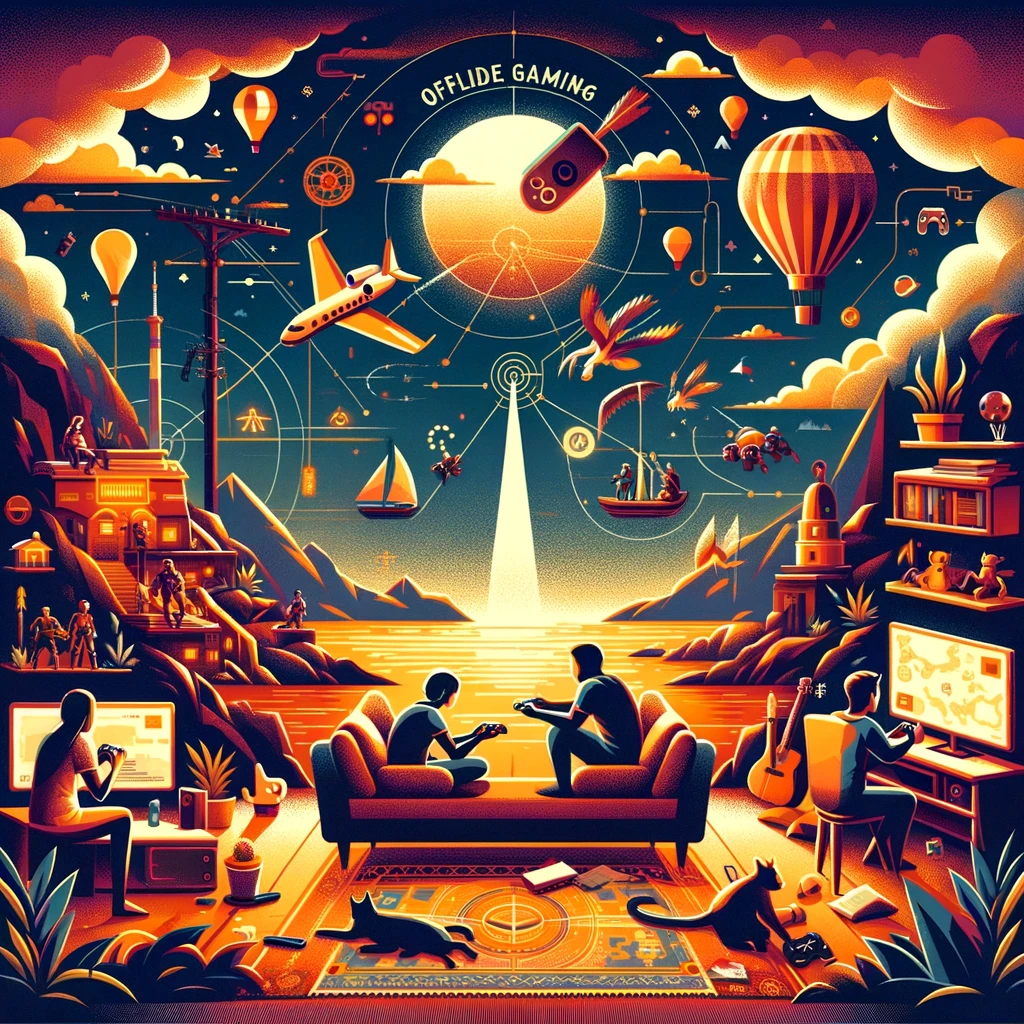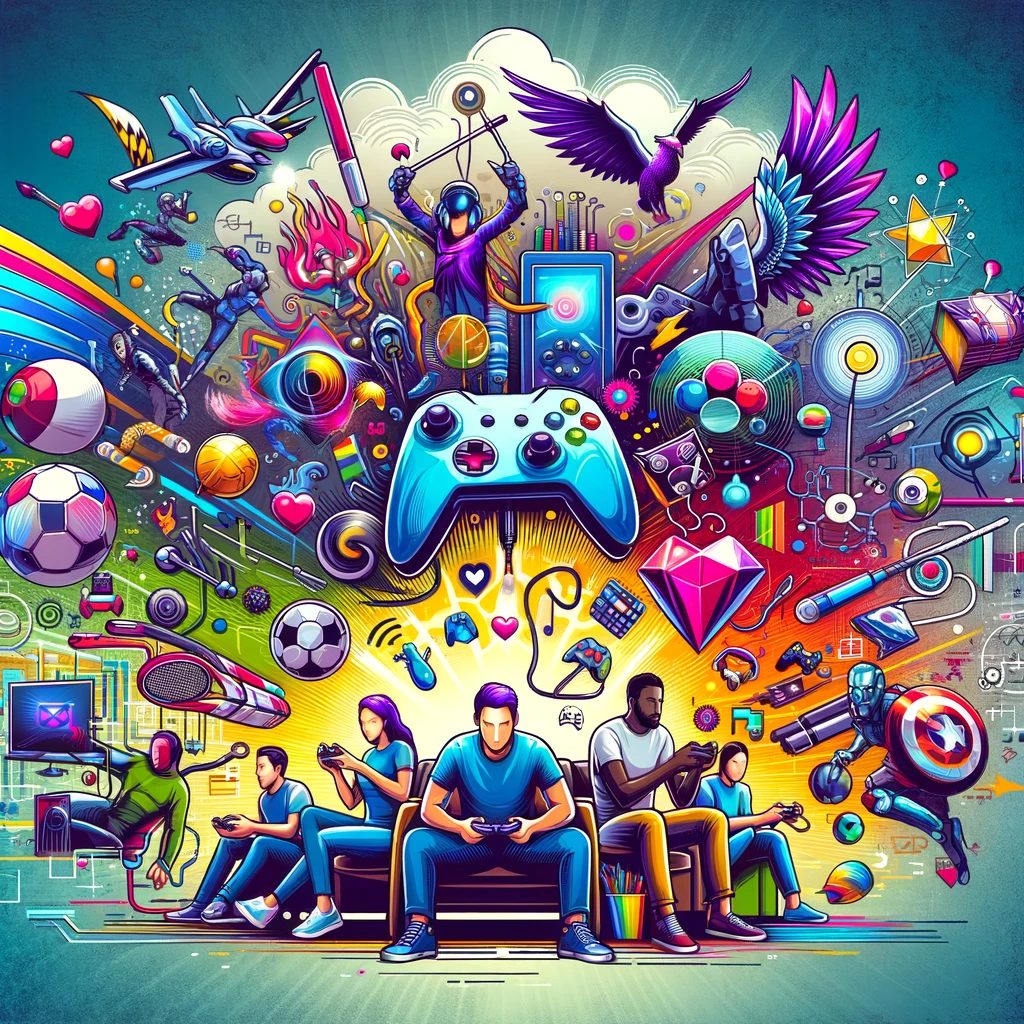The Evolution of Controversial Content in Games
From the early days of pixelated adventures to the current era of photorealistic experiences, gaming has continually pushed the envelope of content and themes. This evolution has not been without controversy, sparking debates on the depiction of violence, adult themes, and the psychological impact on players. High-profile cases, such as the “Mortal Kombat” series and “Grand Theft Auto,” have often found themselves at the center of these discussions, challenging developers, players, and regulators to consider where the line should be drawn in virtual worlds.

Psychological Impact and Gaming Addiction
The immersive nature of video games, combined with their interactive and engaging mechanics, can have significant psychological effects on players. While many of these effects can be positive, such as improved problem-solving skills and stress relief, concerns about gaming addiction have grown with the industry’s expansion. Games designed to keep players engaged for long periods, often through reward loops and social features, have led to debates about their potential to lead to unhealthy gaming habits. Organizations like the World Health Organization have recognized gaming disorder as a condition, prompting the industry to consider how games are designed and the support systems in place for players.

Ethical Game Design and Development
The ethical considerations in game design and development extend beyond content creation to include the welfare of those creating the games. Issues such as ‘crunch culture’, where developers work excessively long hours to meet deadlines, diversity and representation within game narratives, and the ethical use of AI and data in creating personalized gaming experiences have prompted the industry to adopt more sustainable and responsible practices. As gaming continues to evolve, the emphasis on ethical game design and development ensures that the industry grows in a way that respects both creators and players.
Monetization Models and Their Implications
The way games are monetized has significant implications for both players and developers. Models like loot boxes, microtransactions, and pay-to-win strategies have come under scrutiny for their potential to exploit players. The industry’s response, including more transparent and fair monetization practices, reflects a broader commitment to ethical gaming experiences.
Regulation, Censorship, and Freedom of Expression
Balancing regulation and censorship in gaming with freedom of expression is a complex challenge. This section explores how governments, industry bodies, and the community navigate content regulation, protecting players from harmful content while preserving creative freedom.
The Role of Communities and Online Behavior
The social aspect of gaming, particularly in online spaces, brings its own set of ethical considerations. Managing toxic behavior, fostering inclusive communities, and ensuring online safety are paramount for a positive gaming experience.
Conclusion
As we’ve explored the various aspects of “Gaming’s Red Line,” it’s clear that the gaming industry’s journey through ethical dilemmas and controversies is ongoing. The dialogue between developers, players, and society is crucial in navigating these challenges, ensuring that gaming remains a source of joy, innovation, and community.

